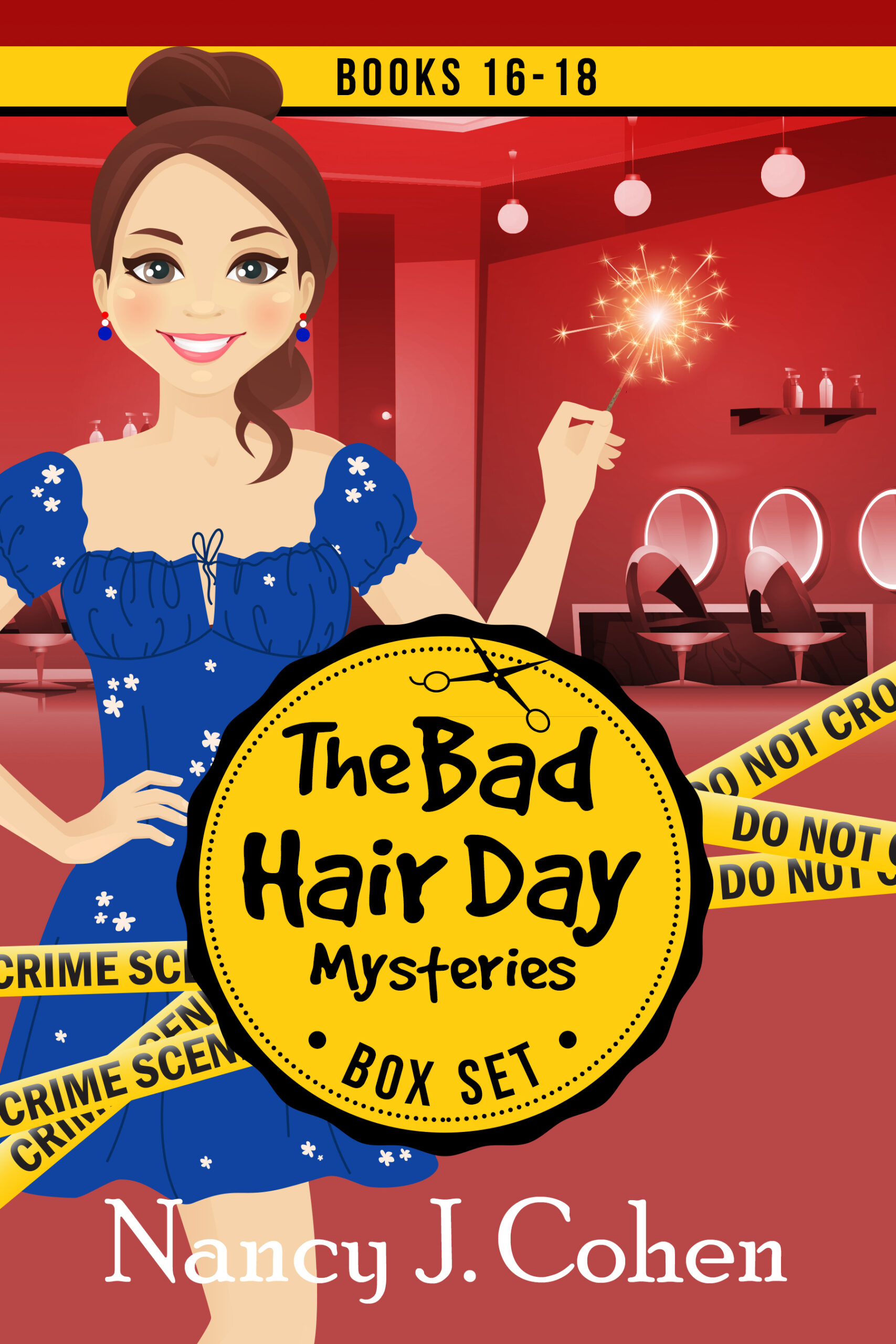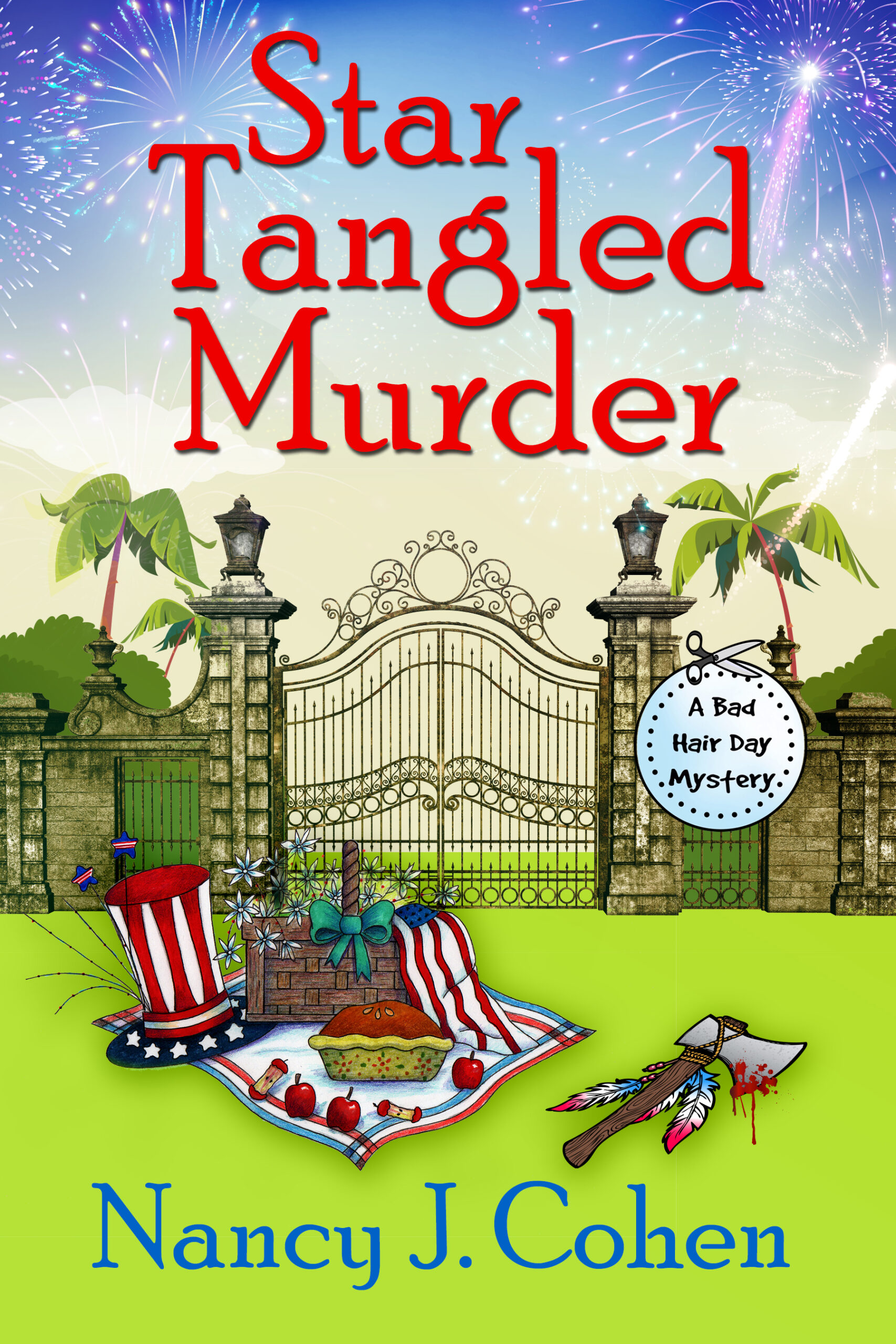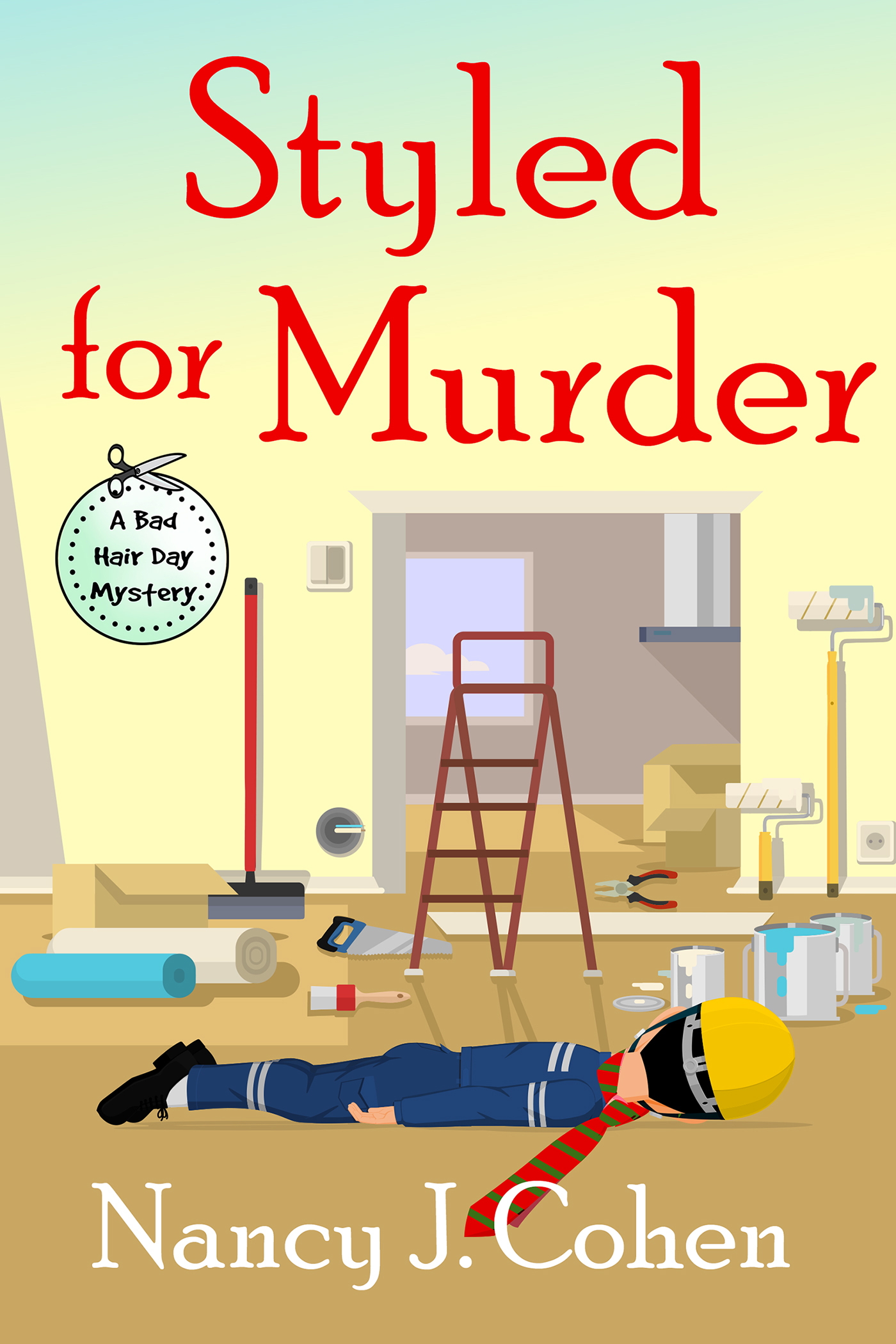When you write your first draft, it’s okay to forge ahead and write whatever channels through your mind. The next sweep through will give you the opportunity to eliminate those clichés you planted along the way.
I’m preparing to reissue The Drift Lords Series, and my cliché alert meter went into full mode back when I did my initial proofread for Warrior Lord. Here’s what I found then and how I changed these phrases. When writing your novel, try to stay in your character’s head and think of analogies relevant to her mindset. In this case, my heroine owns a pottery studio and is a down-home girl from Arizona. Erika ends up battling evil trolls and demons along the way to finding true love.
OLD: Erika sensed his withdrawal from the way his shoulders tensed and his jaw tightened. Had she done something wrong? She hadn’t said anything when the man next to him commented on his attire. Perhaps he’d detected her negative opinion of his costume. Sure, it looked great on him, but he stood out like a sore thumb. If he was hoping to avoid attention from their enemy, he’d gone about it the wrong way.
NEW: Erika sensed his withdrawal from the way his shoulders tensed and his jaw tightened. Had she done something wrong? She hadn’t said anything when the man next to him commented on his attire. Perhaps he’d detected her negative opinion of his costume. Sure, it looked great on him, but he stood out like gold among clay. If he was hoping to avoid attention from their enemy, he’d gone about it the wrong way.
OLD: As soon as the group passed, she eased open the door. A peek outside told her the coast was clear. She slipped into the corridor, Magnor following as stealthy as a jungle cat.
NEW: As soon as the group passed, she eased open the door. At Magnor’s nod of consent, she slipped into the corridor. He followed, moving with the stealth of a ninja.
OLD: She couldn’t help the pall of depression that settled over her shoulders like a shroud.
NEW: She couldn’t help the pall of depression that settled over her.
Sometimes it’s best to just eliminate the cliché. It also helps to make a list of terms familiar to the protagonist’s career. That’s how I came up with this change:
OLD: Magnor had grabbed her hand, and he let go as though she’d given him a hot coal.
NEW: Magnor had grabbed her hand, and he let go as though she’d given him a firebrick from her kiln.
OLD: A wave of despondence hit her like a punch to the gut.
NEW: I decided to keep this one. It won’t hurt every now and then to use a cliché so do your best and don’t worry about the rest.
When writing your novel, be on the alert for cliches and change them to enhance your character's viewpoint. #amwriting #writetip Share on XYou get the idea? The self-editing process gives you the chance the rake through your words and make improvements. Clichés are only one of the problems you’ll be searching for as you read through your manuscript. Be sure to check those clichés at the door before submitting your work.
4 thoughts on “Cliche Alert”
Comments are closed.
























great post. We always have to be on the lookout for cliches.
Yes, we do. It’s easier to write them into our first draft and worry about changing them later. For me, at least. I’d rather go forward with the story than pause to figure out a creative phrase until later.
Sometimes cliches are good shortcuts, but original wording is usually better. And so true it should come from the character’s background.
You are right, Terry. It enhances characterization to use phrasing in their frame of reference.